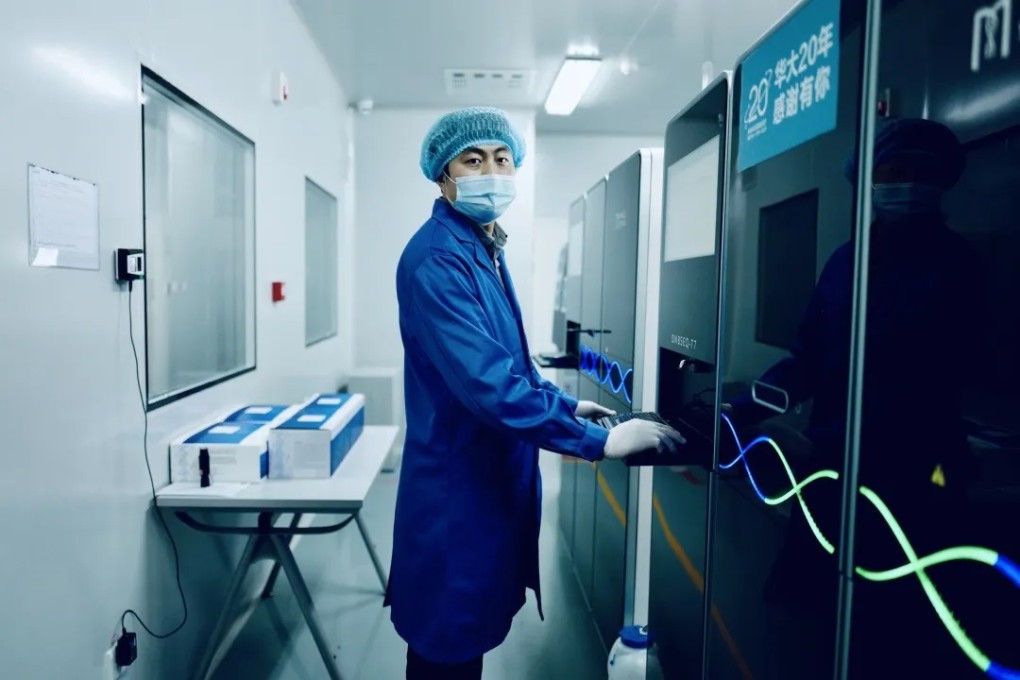Intel, Lenovo and BGI are working to crack the coronavirus genome
To find a cure for Covid-19, researchers and tech companies have to analyze massive amounts of data

BGI, one of the world’s largest genomics organizations, will have to analyze massive amounts of data reaching terabytes, or even petabytes, to crack the new coronavirus’s genome. In gene sequencing, each milliliter of bodily fluid usually contains millions of different virus particles (virion), and the genome of each contains about 30,000 DNA bases, Intel explained.
Purchase the China AI Report 2020 brought to you by SCMP Research and enjoy a 20% discount (original price US$400). This 60-page all new intelligence report gives you first-hand insights and analysis into the latest industry developments and intelligence about China AI. Get exclusive access to our webinars for continuous learning, and interact with China AI executives in live Q&A. Offer valid until 31 March 2020.